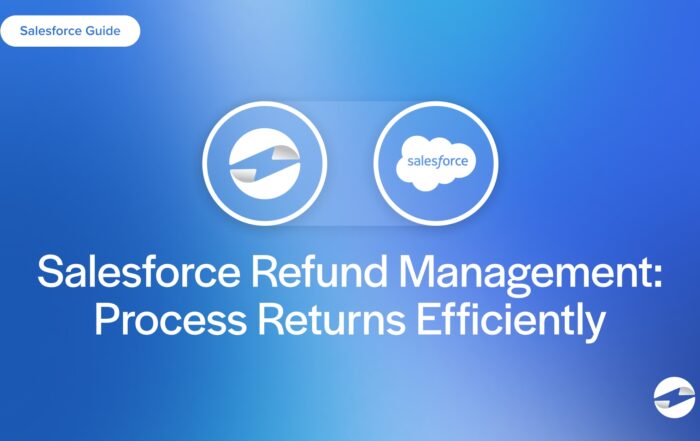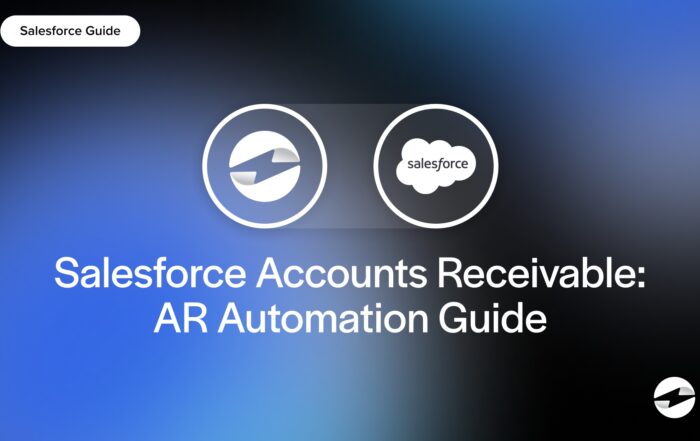What is a payment gateway?
A payment gateway is a technology that securely authorizes and processes online and in-person credit card payments. It’s the bridge between a business’s website or point-of-sale system and the financial institution that completes the transaction. Without a payment gateway, businesses can’t accept digital payments safely.
When a customer buys a pair of shoes from an online store, the payment gateway encrypts their credit card details, verifies the transaction with the bank, and approves or declines the payment within seconds. Without a payment gateway the customer’s information is vulnerable to data breaches, and the store runs the risk of failed or fraudulent payments.
Key Points
- A payment gateway securely authorizes and processes digital payments, bridging businesses and financial institutions
- Choosing the right type of gateway—hosted, self-hosted, API-based, or bank-provided—depends on your business size, needs, and how you accept payments.
How a payment gateway works
A payment gateway takes care of the behind-the-scenes work to process payments quickly and securely. Here’s how a typical transaction flows:
- Customer initiates payment. The buyer enters their card details at checkout or taps their card in-store.
- Encryption & authorization. The payment gateway encrypts the data and sends it to the payment processor for authorization.
- Bank verification. The customer’s bank checks if they have enough funds or credit to complete the purchase.
- Approval or decline. The bank approves or declines the transaction and sends the response back through the gateway.
- Funds transfer. If approved, the money is moved from the customer’s bank to the merchant’s account.
The payment gateway communicates with financial institutions on your behalf to make the payment experience quick and convenient.
Types of payment gateways
Not all payment gateways work the same way. Businesses choose a gateway based on their needs, industry, and how they accept payments. Here are the main types:
- Hosted payment gateways – The customer is redirected to a third-party page (e.g., PayPal) to complete the payment. This is easy to set up but redirects customers away from the website.
- Self-hosted (integrated) gateways – Payments are processed directly on the merchant’s website, creating a seamless checkout experience. Stronger security is required.
- API-based gateways – Developers integrate the gateway via API and complete customization. Used by large eCommerce businesses.
- Local bank payment gateways – Provided by banks and used by small businesses that want a direct bank connection.
Let’s say you own a small business. If you want a quick setup, you might use PayPal (a hosted gateway). If you’re running a large online store, you’d likely prefer an API-based gateway for a smoother checkout.
Payment gateway vs. payment processor
Many people confuse payment gateways and payment processors, but they serve different roles in a transaction:
- A payment gateway authorizes and secures the transaction. It’s the middleman between the merchant and financial institutions.
- A payment processor transmits the payment details between the gateway, banks, and card networks and handles the actual movement of funds.
Think of making a payment like sending a valuable package. The payment gateway acts like the front desk at a shipping center. It checks the sender’s information, verifies the recipient’s address, and ensures the package is sealed correctly for delivery. Once everything looks good, the gateway passes it off to the payment processor.
The processor is like the delivery service—it takes the package, chooses the best route, and works with various carriers (like banks and card networks) to make sure it reaches the destination safely. Throughout the journey, the two work together to ensure the package (your payment) is delivered securely, quickly, and to the right place.
Online payment gateway providers
There are a bunch of online payment gateway providers. Each has its pros and cons, including which businesses they are more tailored for. Here is a more general list of popular online payment gateways businesses use:
- EBizCharge: A powerful payment gateway for B2B transactions and seamless integration with ERPs and accounting systems.
- PayPal: A well-known hosted gateway.
- Stripe: A developer-friendly API-based gateway with lots of customization options.
- Authorize.net: A self-hosted gateway for small to mid-sized businesses.
- Square: Popular for in-person and online payments with user-friendly tools.
- Adyen: A global gateway used by large enterprises.
- Braintree: Owned by PayPal, advanced payment options for eCommerce businesses.
Choosing the right gateway is no simple decision. It depends on factors like transaction volume, security needs, and how much control you want over the checkout experience. Payment gateway providers often have contracts that range from month-to-month agreements to multi-year commitments. So, keep in mind your short and long-term goals when shopping around.
You May Also Like
Read More
Read More
Read More



